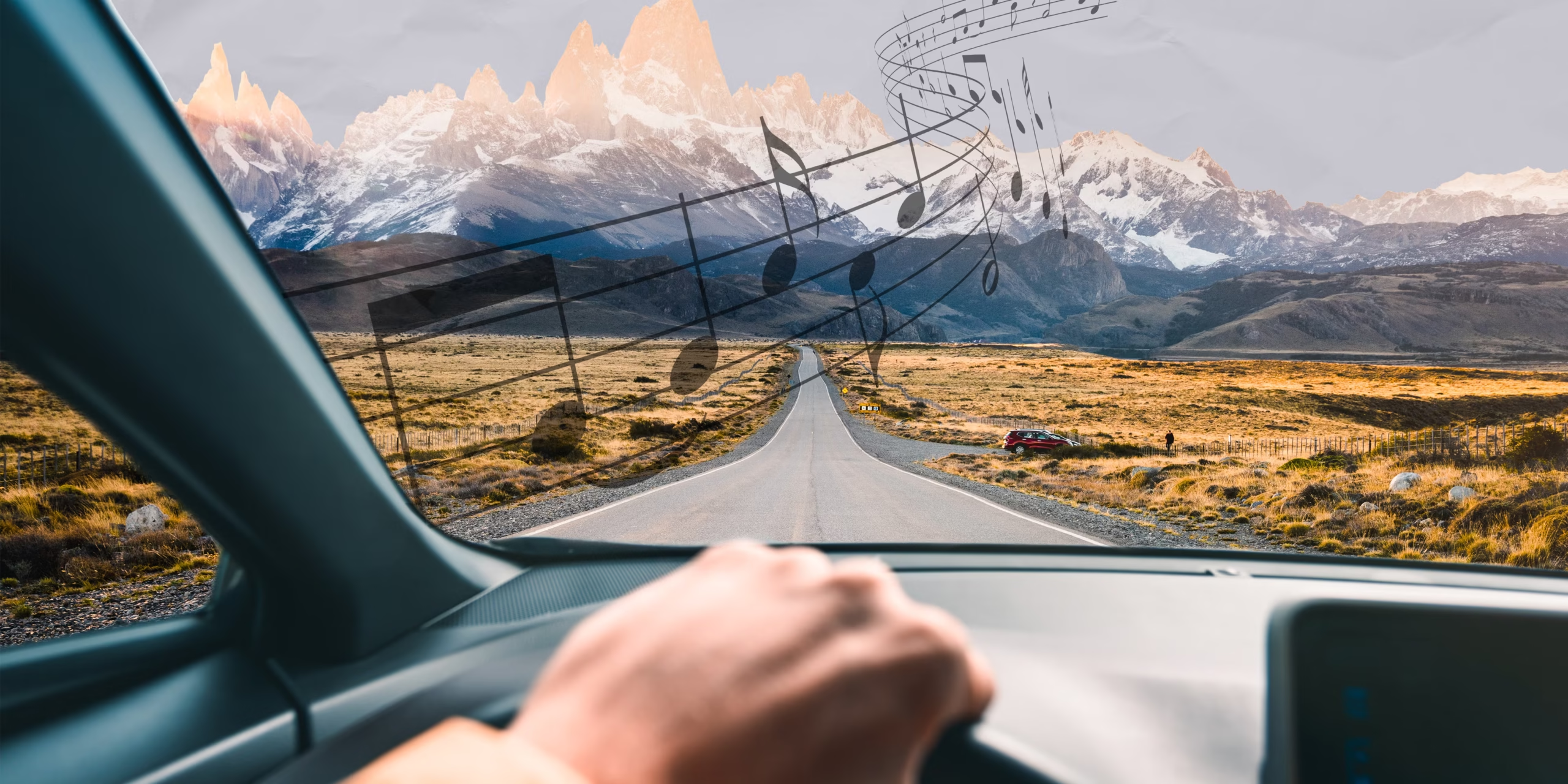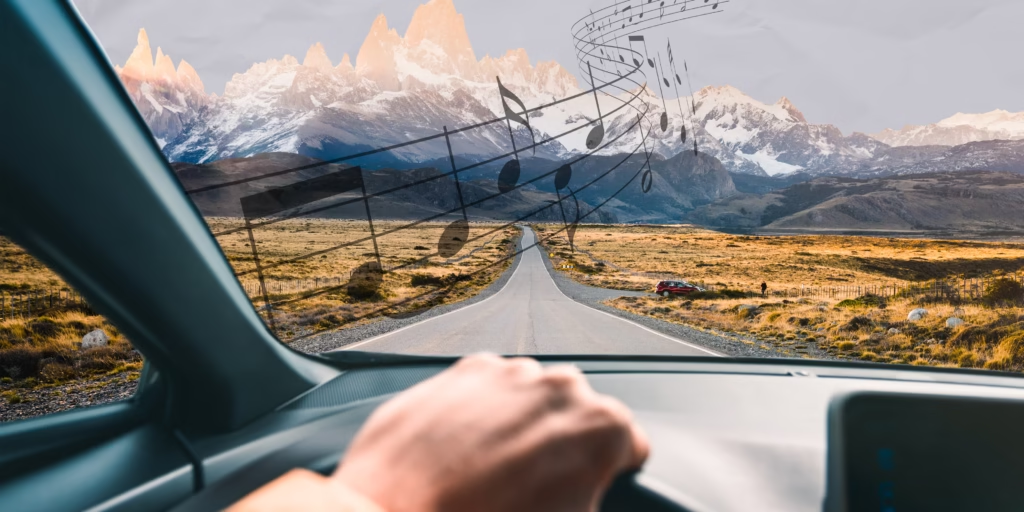Your cart is currently empty!

what should you inspect on your vehicle before going on a road trip? Embarking on a road trip is an exciting adventure, but before you hit the open road, it’s crucial to ensure that your vehicle is in top shape. A little pre-trip inspection can save you from unexpected breakdowns and costly repairs, allowing you to focus on enjoying your journey. Here’s a checklist of essential things to inspect on your vehicle before heading out.
Tires what should you inspect on your vehicle before going on a road trip?
Your tires are one of the most critical components of your vehicle when it comes to safety and performance. Before you start your road trip, make sure to check the following:
- Tire Pressure: Use a tire pressure gauge to ensure that each tire is inflated to the manufacturer’s recommended pressure (usually listed in the owner’s manual or on the inside of the driver’s door).
- Tire Tread: Check the tread depth to ensure adequate traction. You can do this by inserting a penny into the tread groove; if the tread doesn’t cover Lincoln’s head, it’s time to replace the tires.
- Tire Condition: Look for any visible damage, such as bulges, cracks, or punctures, which can lead to blowouts on the road.

Engine Oil and Fluids
Running low on essential fluids can cause your engine to overheat or lead to other serious mechanical problems. Here’s what to inspect:
- Engine Oil: Check the oil level using the dipstick and make sure it’s clean. If it’s low, top it off with the appropriate type of oil as specified in the owner’s manual.
- Coolant: Ensure that the coolant (also known as antifreeze) is at the proper level to avoid engine overheating during long drives. If it’s low, refill it with the correct mixture.
- Transmission Fluid, Brake Fluid, Power Steering Fluid: These fluids should also be checked to ensure smooth operation of your vehicle. Low levels may indicate a leak or other issue that needs addressing before your trip.
Battery
A dead battery can bring your road trip to a halt, so it’s essential to inspect it:
- Battery Terminals: Check the battery terminals for corrosion. If you see white, powdery substance around the terminals, clean it off with a mixture of baking soda and water.
- Battery Charge: If your battery is more than three years old, it might be a good idea to have it tested. Some auto parts stores offer free battery testing to make sure it holds a charge.
- Battery Life: If your battery is weak or the car has trouble starting, consider replacing it before your trip.
Lights and Indicators
Visibility and safety are crucial, so ensure that all of your lights are functioning properly:
- Headlights, Taillights, and Brake Lights: Turn on your headlights and check both front and rear lights to ensure they work. Have someone help you by pressing the brake pedal to check the brake lights.
- Turn Signals: Test your turn signals to make sure they flash appropriately.
- Emergency Flashers: Make sure your hazard lights are in working condition, in case you need them during an emergency.
Brakes and what should you inspect on your vehicle before going on a road trip?
Proper braking function is vital to road safety. If you notice any issues with your brakes, it’s important to have them checked before hitting the road. Look for the following signs:
- Unusual Sounds: If you hear squeaking or grinding sounds when braking, it could be a sign of worn brake pads.
- Brake Fluid Level: Make sure the brake fluid is at the correct level, and check for any leaks around the brake system.
- Pedal Feel: The brake pedal should feel firm when pressed. If it feels soft or sinks to the floor, there may be a problem with your brake system that requires immediate attention.
Air Conditioning and Heater
Depending on the season, a functioning A/C or heater is essential for your comfort on long drives. Before your trip:
- Air Conditioning: Turn on your A/C and ensure that cold air is flowing smoothly. If it blows warm air, there could be a refrigerant leak.
- Heater: If you’re traveling in colder weather, check that your heater is working efficiently. A malfunctioning heater could leave you uncomfortable or even in danger during chilly conditions.
Wipers and Windshield Washer Fluid
Clear visibility is essential, especially when driving through rain or on a dusty road. Here’s what to check:
- Windshield Wipers: Inspect the wiper blades for any cracks, tears, or fraying. If they don’t wipe smoothly or leave streaks, it’s time to replace them.
- Windshield Washer Fluid: Ensure the windshield washer reservoir is full to keep your windshield clear of debris, dirt, and bugs.
Belts and Hoses
Check the belts and hoses under the hood for any signs of wear, cracks, or leaks. Worn belts can cause engine failure, while cracked hoses can lead to fluid leaks or overheating.
- Belts: Inspect the serpentine belt and other drive belts for tightness and cracks.
- Hoses: Look for any visible cracks, bulges, or leaks in the radiator and cooling system hoses.
Spare Tire, Jack, and Tools
In case of an emergency, it’s essential to have a working spare tire and the necessary tools to change it. Before your road trip:
- Spare Tire: Ensure your spare tire is properly inflated and in good condition.
- Jack and Lug Wrench: Check that your jack and lug wrench are in the trunk and easily accessible.
- Emergency Kit: It’s also a good idea to keep an emergency kit in your vehicle, including items like jumper cables, flashlights, and basic first aid supplies.
Exterior and Interior Condition
Take a few minutes to check the overall condition of your vehicle.
- Exterior: Walk around your car to ensure there are no visible damages that could cause a safety hazard.
- Interior: Clean and organize your vehicle for comfort and convenience. Make sure you have any necessary travel documents, a map or GPS device, and a phone charger.
Conclusion about what should you inspect on your vehicle before going on a road trip?
Performing a thorough inspection of your vehicle before going on a road trip is a simple yet effective way to ensure safety, prevent breakdowns, and have a stress-free adventure. By checking these essential components—tires, fluids, lights, brakes, and more—you can hit the road with confidence, knowing that your vehicle is ready for the journey ahead.
Remember, the time you invest in preparing your car is well worth it when it comes to enjoying a smooth, trouble-free trip. Safe travels!
FAQs: what should you inspect on your vehicle before going on a road trip?
1. How often should I inspect my vehicle before a road trip?
Answer:
It’s recommended to inspect your vehicle at least a week before your trip, so you have time to address any issues that may arise. If you’re going on a long-distance trip, a more thorough inspection is advisable.
2. What should I do if I find a problem during my inspection?
Answer:
If you notice any issues during your inspection, it’s best to get them fixed before your trip. If you’re unsure how serious the issue is, take your vehicle to a trusted mechanic for a professional inspection.
3. How do I know if my tire tread is too worn?
Answer:
A simple test is to insert a penny into the tire tread with Lincoln’s head facing down. If the tread doesn’t cover Lincoln’s head, it’s time to replace the tires.
4. Can I perform a vehicle inspection myself, or do I need a mechanic?
Answer:
Many of the checks, such as inspecting tire pressure, oil levels, and lights, can be done yourself. However, for more complicated issues, such as brake inspection or checking belts and hoses, it’s best to consult a mechanic.
5. What emergency items should I keep in my car for a road trip?
Answer:
Besides the spare tire and jack, it’s wise to keep an emergency kit with jumper cables, a flashlight, water, non-perishable snacks, a first aid kit, and a blanket. Having these items can be a lifesaver in case of an emergency.







Leave a Reply